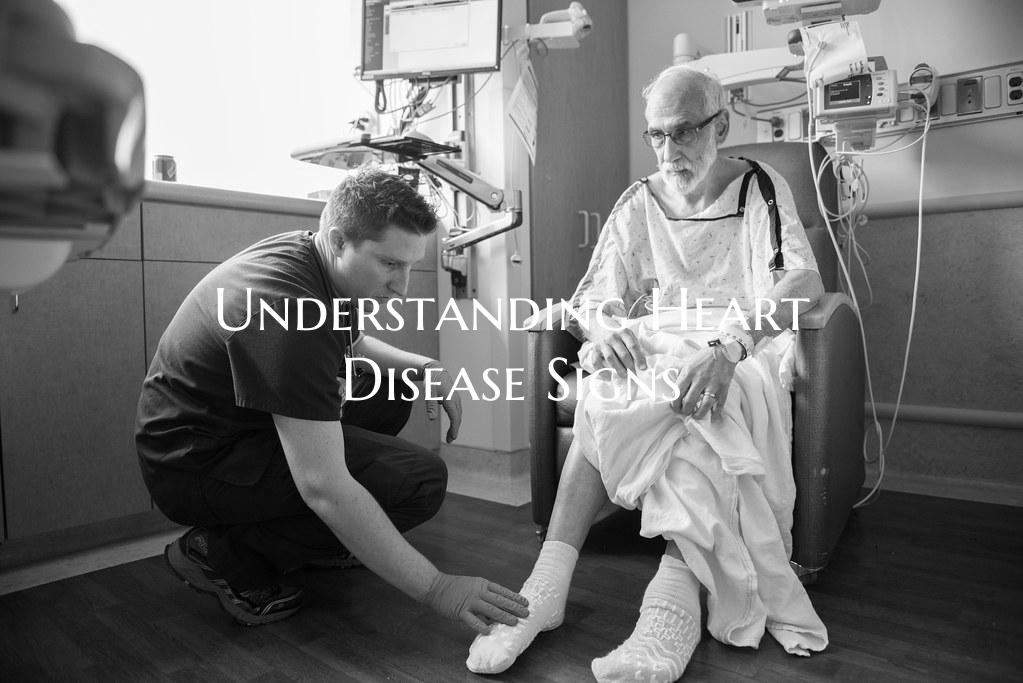
Understanding Heart Disease Signs
Understanding Heart Disease Signs
Heart disease is a serious health condition that affects millions of people worldwide. Recognizing the signs and symptoms of heart disease is crucial for early detection and treatment. Here are some common signs of heart disease to be aware of:
1. Chest pain or discomfort: This is one of the most common signs of heart disease. It may feel like pressure, tightness, or squeezing in the chest. The pain may also radiate to the arm, neck, jaw, or back.
2. Shortness of breath: Feeling breathless, especially during physical activity or when lying down, can be a sign of heart disease. This may be due to the heart's inability to pump enough blood to meet the body's demands.
3. Fatigue: Persistent tiredness or fatigue can be a symptom of heart disease. The heart has to work harder when it is not functioning properly, leading to feelings of exhaustion.
4. Dizziness or lightheadedness: Feeling dizzy or lightheaded, especially when standing up quickly, may indicate a problem with the heart's ability to maintain adequate blood flow.
5. Swelling: Fluid retention in the body, often seen as swelling in the legs, ankles, or abdomen, can be a sign of heart disease. This occurs when the heart is unable to pump blood effectively, leading to fluid buildup.
6. Irregular heartbeat: Heart palpitations, fluttering sensations, or a rapid or irregular heartbeat may signal an issue with the heart's rhythm, which can be a sign of heart disease.
7. Nausea or vomiting: Some people with heart disease may experience digestive symptoms like nausea, indigestion, or vomiting, especially in women.
It is important to note that these symptoms can vary depending on the individual and the specific type of heart disease they may have. If you experience any of these signs or symptoms, especially if they are persistent or severe, it is essential to seek medical attention promptly. Early detection and treatment are key to managing heart disease and preventing complications. Leading a heart-healthy lifestyle, including a balanced diet, regular exercise, managing stress, and avoiding tobacco use, can also help reduce the risk of heart disease. Regular check-ups with your healthcare provider are important for monitoring your heart health and catching any potential issues early. Remember, your heart is a vital organ, so listen to your body and take action if you notice any concerning signs of heart disease.